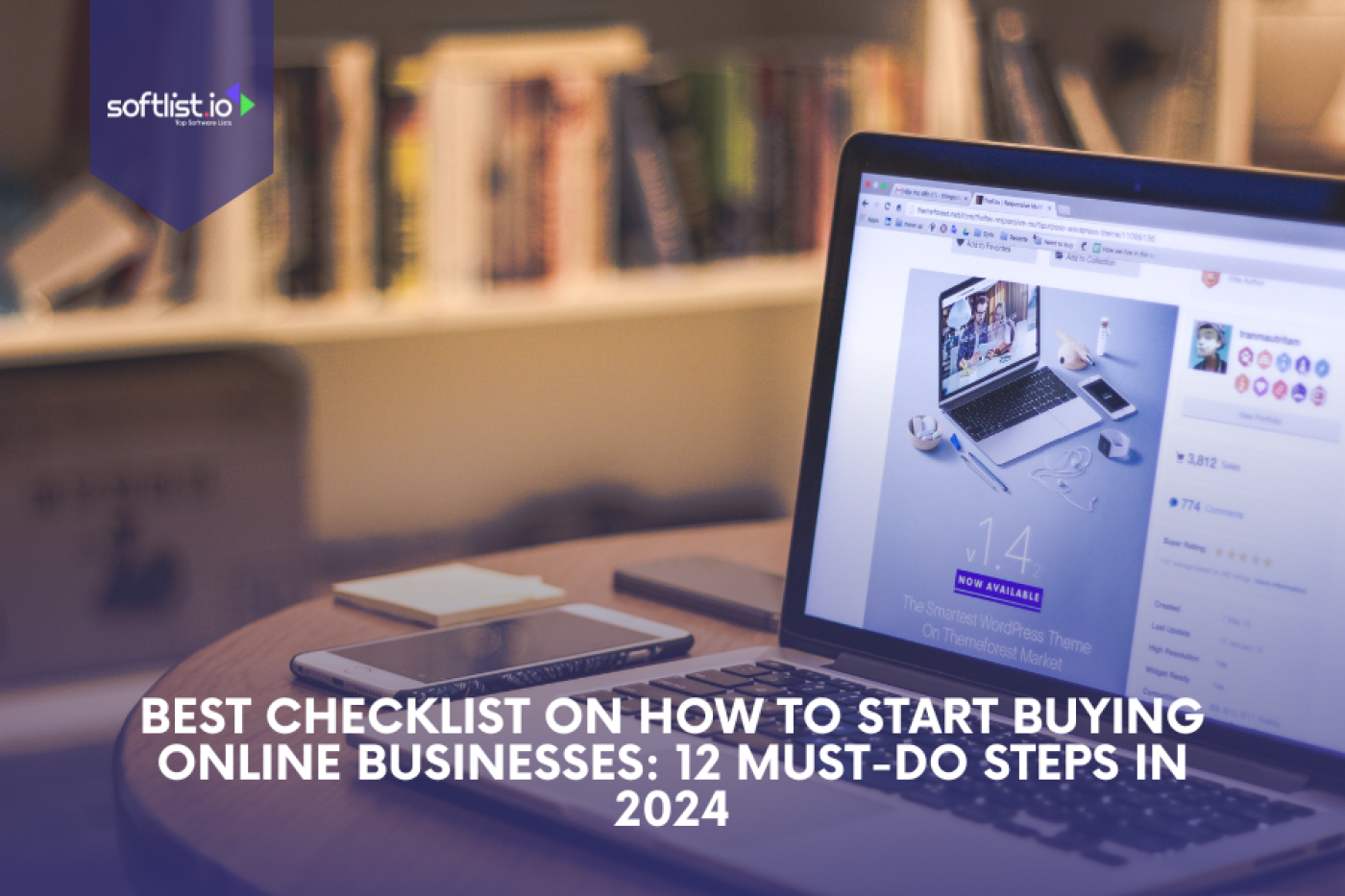This guide to website security software is a complete walkthrough of the basic to advanced website security software. With this website security software, you can safeguard your website against hackers, spies, and intruders.
What Is Website Security Software?

Website security, a critical aspect of cybersecurity, is about protecting websites from attacks, intrusions, and other cyber threats to ensure you protect your site effectively. It involves implementing measures to protect the website from unauthorized access and prevent any damage caused by hackers or malicious users’ web application firewalls.
Website security software comes in various forms, including anti-virus programs, anti-spam filters, firewalls, and intrusion detection systems. These tools are designed to detect malware, viruses, and other malicious content before they can infect your computer or network security solution.
Website security monitoring software helps you monitor your website for suspicious activity, such as hacking attempts or unauthorized access by hackers. It also allows you to block access to your website if there’s any sign of an attack so that you can take immediate action without affecting your business operations security tools.
How Important Is Website Security?

Website security is one of the most critical aspects of your business. Ensuring your site is secure is crucial for cybersecurity, especially if you are managing a website. Implementing measures like a content delivery network (CDN) helps protect your site from hackers and secures it against other threats.
This will not only affect the reputation of your business but also put you at risk of losing money and customer trust.
Website security is essential. You must ensure your site is secure, or else you could lose a lot of money. The best way to prevent this is by using a website security monitoring service.
Website security monitoring software is a great way to monitor your site and ensure everything is running smoothly. If there’s an issue with your site, it will alert you immediately, almost like a scanner, so you can rectify it before it escalates. Not only does this help prevent hacks and attacks, but it ensures that your website will run efficiently and not slow down at any point during the day.
Website security services offer a wide range of services, from essential maintenance to full-blown protection against hackers and malicious users who might try their luck with your site. You should take advantage of this type of service to ensure that your site remains safe and secure at all times.
Which Security Software Is Best for a Website?

Security is the top priority for any business website. The more secure your website is, the less chance it will be hacked or attacked by malicious entities.
Website security is an essential topic for any business owner. Having a secure website is crucial to your business’s success. A fast website will increase customer confidence and trust, increasing sales.
Website security software comes in two forms. The first is a service that monitors your website for any suspicious activity, such as an attack from hackers. The second is a piece of software that you install on your website to protect it from malicious users and hackers. Both types of software are helpful, but they serve different purposes. You should use both if your business has multiple websites or a huge traffic site.
The best website security software depends on the size and complexity of your site. Installing an antivirus program might be sufficient if you run a small blog with no sales transactions. However, you run an e-commerce site that sells products or services online. In that case, you’ll need more sophisticated protection against attacks from hackers who want to steal customer data or inject malware into the site’s code.
Which Security Software Is Best for a Website?

Website security, or web security, protects computer systems, internet networks, and websites by using tools like WAF, from damage or disruption. Security aims to safeguard data and information’s confidentiality, integrity, and availability.
Website monitoring is a service that provides you with an overview of your website performance, updates, changes, and new features daily. It allows you to detect problems quickly and respond accordingly.
A third-party service provider can perform website monitoring or you directly if you have the resources. Choosing the latter option means you’re accountable for identifying potential issues with the help of a scanner and resolving them on your own.
Website security software protects websites from malicious attacks such as spamming, phishing, and viruses. It includes antivirus programs and firewalls that monitor incoming traffic to detect any threats before they reach your database or files on your server.
How Do Websites Keep Data Safe and Secure?

The Internet is a vast and ever-changing landscape, with new dangers and threats emerging every day. Businesses need to have website security software that can help protect their business against cyber-attacks, malware, and viruses. A good website security software should be able to detect and block attacks on your network as soon as they start before they cause any damage or loss of data website monitoring service brute force attacks.
Website security is a concern for all businesses, large and small. The Internet is a public space, so the security of your website, its content, and visitors is vital to your reputation. If you’re running a website that deals with sensitive information or is used by people worldwide, you must have the right tools to ensure that your system is secure.
There are many ways to keep your website safe from hackers, viruses, and other threats. Creating a safe environment by adopting a comprehensive solution that includes firewalls, anti-virus software, and a content delivery network (CDN) is the most effective approach. This helps protect against external threats like malware attacks, spam mailings, and phishing scams.
A firewall stops malicious software from getting into your server and infecting it with viruses or Trojans. At the same time, anti-viral systems prevent infected files from being downloaded onto devices connected to the network.
Another important aspect of keeping data safe online is ensuring passwords are strong enough to resist brute force attacks which involve an automated program trying every possible combination until it finds the right one for accessing accounts.
How Does Website Security Software Work?

In the world today, it is common for hackers to target websites. This is because many people utilize their websites as a base to promote their businesses and generate income. Website security software has been developed to protect your website against such attacks. You must know how it works to install it on your site.
Website security software is a web-based solution that helps you protect your website from malicious attacks. It can be used by small businesses, large enterprises, and even individuals to protect their websites from hackers and abusive users.
The software works by monitoring traffic on your website, identifying potential threats, and blocking them before they can damage your site. It also allows you to monitor the behavior of visitors on your website to spot any suspicious activity.
Several types of website security software are available today, each offering different features and benefits. The best software for you will depend on your specific needs and budget.
The best website security software will also scan websites for vulnerabilities like outdated software or weak passwords. If it finds any, it will alert you so that you can fix them before hackers exploit them to gain access to your system or steal data from it.
How Much Does Website Security Cost?

Website security is one of the most critical aspects of your website. You need to make sure that your site is secure and protected from hackers, viruses, and other threats.
It’s not just about protecting your business from hackers trying to steal your data or money. It’s also about protecting yourself from identity theft, credit card fraud, phishing scams, and other types of fraud. Website security can be confusing because there are so many different options available.
The cost of website security varies depending on the features offered by the service. Most services offer a free trial, so you can try before you buy. You should also keep in mind that there are different levels of protection, from essential to enterprise level. Your budget determines what level of protection you purchase.
If you’re just starting and don’t have much money to spend, then start with a free trial, and once you have more funds available, upgrade your subscription plan accordingly until you find one that fits within your budget constraints while still providing adequate protection for your site against hackers and other cyber threats such as malware infections, etc.
Have Peace of Mind With Website Security
To wrap it up, many website owners need to be made aware of the importance of keeping their websites safe from malicious attacks. The truth is that website security is a crucial aspect of your online business because it enables you to keep your sensitive data protected.
The right software can be a real lifesaver regarding internet safety, so choose wisely when looking for security web software. Check out our other blogs for more business solution tools like website hosting services.
FAQ

What is a website security strategy?
Website security is a term used to describe the measures taken to protect sensitive information and other resources on a website. It is essential for any business, organization, or individual to understand the importance of website security and how it can be achieved. Website security should not be taken lightly, as many external threats can affect your website and cause damage.
The best website security software will offer real-time protection against malware and hacks and alert you if any suspicious activity occurs on your site. It is also vital that it gives you the option to back up your data regularly, so if anything does go wrong with your site.
What is a website security basic?
Website security is the process of protecting a website from any cyber attacks, malware, or hacker attacks. Website security is not only limited to the protection of the website but also includes securing the data stored on your server and protecting your customer’s data.
What is a website security risk?
Website security risk is the chance of your website being hacked or compromised. This can lead to loss of data, sensitive information, and financial losses, which can be enormous in cases where you have a large audience. Website security risk is often confused with malware attacks. While malware attacks are one of the biggest threats to online businesses, they do not mean your website is at risk of being hacked.






